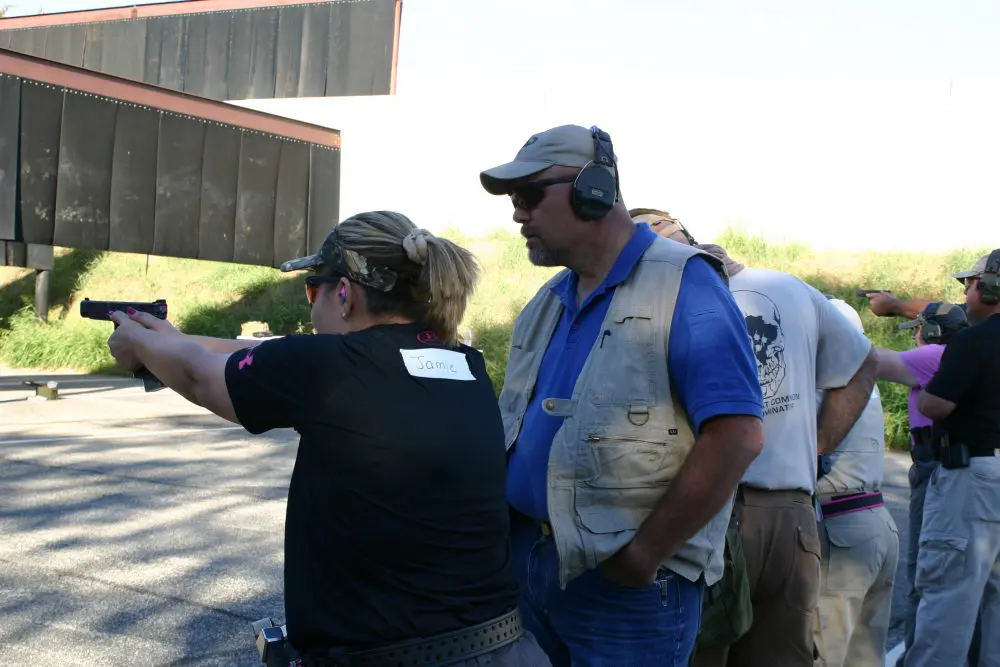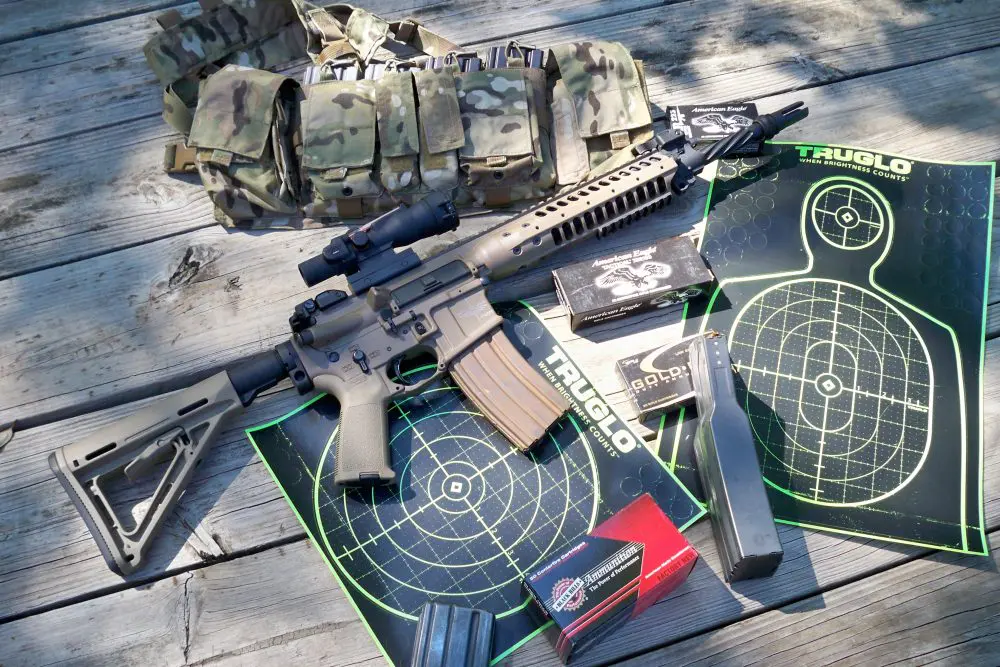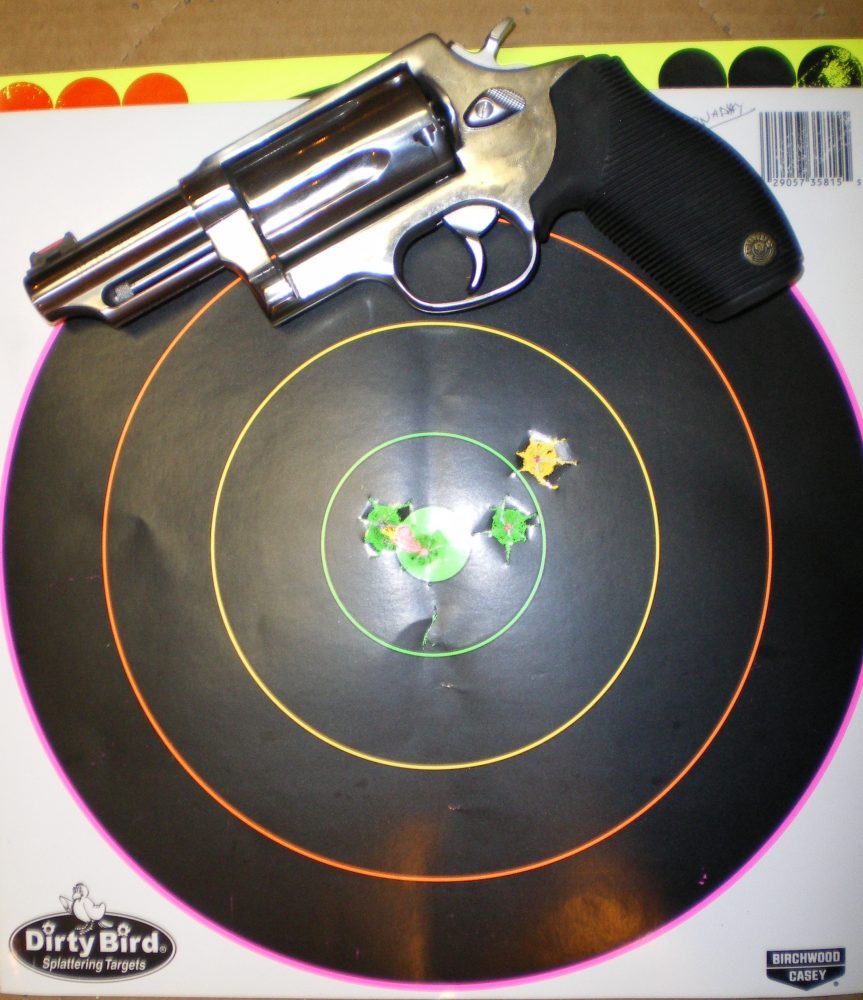If anyone has questioned you about why officers acted in a certain manner or you yourself have pondered why an event depicted on video played out as it did, the answer is straightforward. The human being is an imperfect machine.
We are all comprised of hydrogen, oxygen, carbon, and nitrogen. We are all the product of “star stuff,” to be sure. After that, it’s anybody’s guess as to how it will all turn out.
Law enforcement works within a rather unpredictable boundary of rules and factors. This is what makes the job fascinating, exciting, rewarding and, at times, harrowing.
I knew that each day would be different than the next. Especially within LAPD’s Metropolitan Division and while in SWAT, I could be deployed anywhere throughout the city operating under any innumerable conditions fraught with unpredictable evolutions.
The bad guys are even more unpredictable in their actions than most of society could ever envision. Substance abuse, mental illness, fear, rage, and just overall clouded judgment lead many suspects to operate in a manner that leaves all of us simply dumbfounded. “Why would anyone do that? What was he thinking? I can’t believe this is really happening!”
When you’ve been in this game long enough, trust me: You’ll have experienced it all. It’s part and parcel of the job.
Along this line we arrive at the eternal, ever-persistent conundrum: Why didn’t the officer(s) just do “this”? Well … there are many reasons the officers didn’t just do “this”!
Perhaps they were unable to bring all available resources to bear on the situation at the time. Response times and equipment availability in concert with the rapidly evolving situation often abrogate a letter-perfect response.
The U.S. Supreme Court recognized this factor in Graham v. Connor 1989, finding that officers are oftentimes faced with tense, uncertain, and fast-changing situations.
This is a very real factor that I deal with on a continual basis when employed as an expert witness in Federal and Superior Court cases. Could there have been a better outcome if such and such had been utilized? Could the situation have been resolved with less force had the following been in place? In many cases, the answer might very well be “yes” to either of these questions.
But one factor will always be in place in this line of work. The imperfect machine often disallows perfect responses. That which is unpredictable cannot be predicted.
Illogical actions are not logically presumed to occur. I have experienced and trained for situations A, B, and C, but when situation Z was thrown into the mix, it was entirely outside my wheelhouse. Welcome to police world.
I am all for letter-perfect responses right down the line. Respond to the call, observe the situation, retrieve the officially sanctioned departmental manual for this very situation (among thousands of volumes you would need for each and every eventuality ever envisioned), scroll through the index, rip down to 126.5 subsection (b).25.a, interpret the somewhat ambiguous vernacular, and implement same! By the way, you have precisely 2.5 seconds.
20/20 hindsight is a wonderful advantage over those who (in the words of Graham v. Connor, absence the presence of an uplifted knife) actually place themselves in harm’s way. Are actions sometimes taken that are clearly outside the norm and fall nothing short of gross negligence? Absolutely.
There are those who should never have been enjoined into the ranks of law enforcement. Again, we are dealing with the imperfect machine on both sides of the equation.
Realistic and reality-based training does mitigate the mistakes of the imperfect machine. It adds skill sets to the imperfect machine. Experience dictates that response mechanisms are in place so the imperfect machine responds correctly to future scenarios. The imperfect machine can be perfected, but only to a certain degree. The imperfect machine is, well, somewhat imperfect.
When queried on news shows and talk programs concerning the actions of law enforcement, I remind viewers and listeners that we are all human. The badge does not in and of itself confer an automatic letter-perfect response mechanism to all situations. It is worn by a human being comprised of those basic elements formed within galactic star explosions that fused together in a unique manner billions of years ago.
All we can ask of the human being is that they perform to the best of their ability with honor, integrity, truthfulness, and dignity. Most of us strive to accomplish just this. It is a fact I remind juries of.
Behind the badge is real flesh and blood that experience real fears, anxieties, and indecision. A decent human being strives to make correct decisions in concert with correct actions despite being an imperfect machine.
I was once confronted on the witness stand by a particularly aggressive attorney who faulted each and every action of the officers I was defending.
He stumbled on the facts, misspoke on the sequential order of the event. and became so flustered that the court granted a short recess for him to compose himself.
Upon his return, he condescendingly questioned me, “Why then, Mr. Reitz … did the officers take the actions that they did … can you, could you, possibly answer that?” I responded, “Absolutely. You, sir, have had two and a half years to prepare this case. You have misspoken and have gotten the facts wrong on any number of accounts and in fact, I have had to correct you and guide you along with Your Honor and yet, despite all these years of preparation, you still got it wrong. These officers were afforded only two and a half seconds to make any and all decisions and then act upon them!”
Case closed. Once again, the imperfect machine had spoken.
Scott Reitz is a 30-year veteran of the Los Angeles Police Department and director of the highly acclaimed International Tactical Training Seminars. Course information and schedules are available at their website www.internationaltactical.com. Scott also co-hosts the Oxygen channel true-crime series It Takes a Killer.






